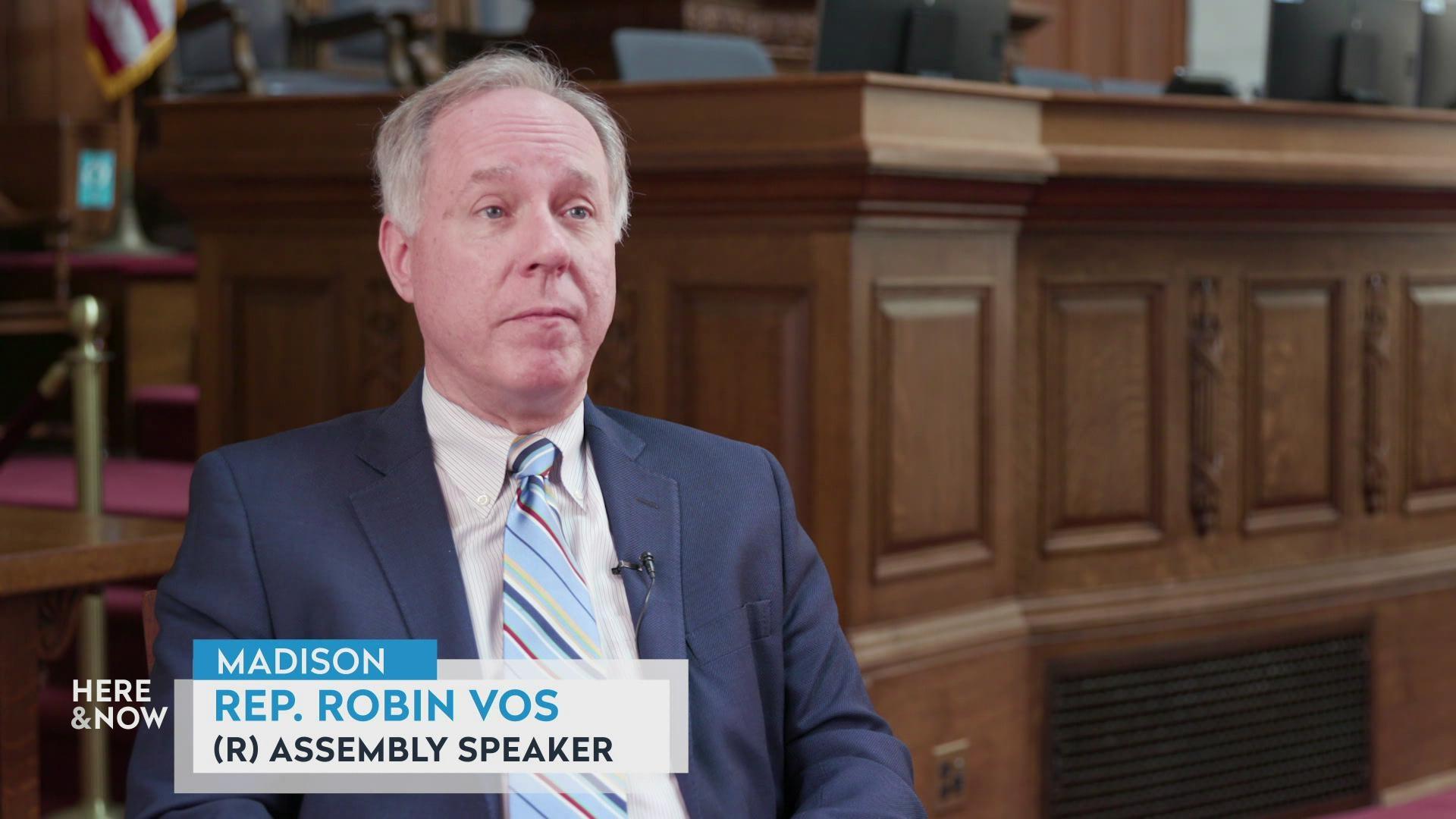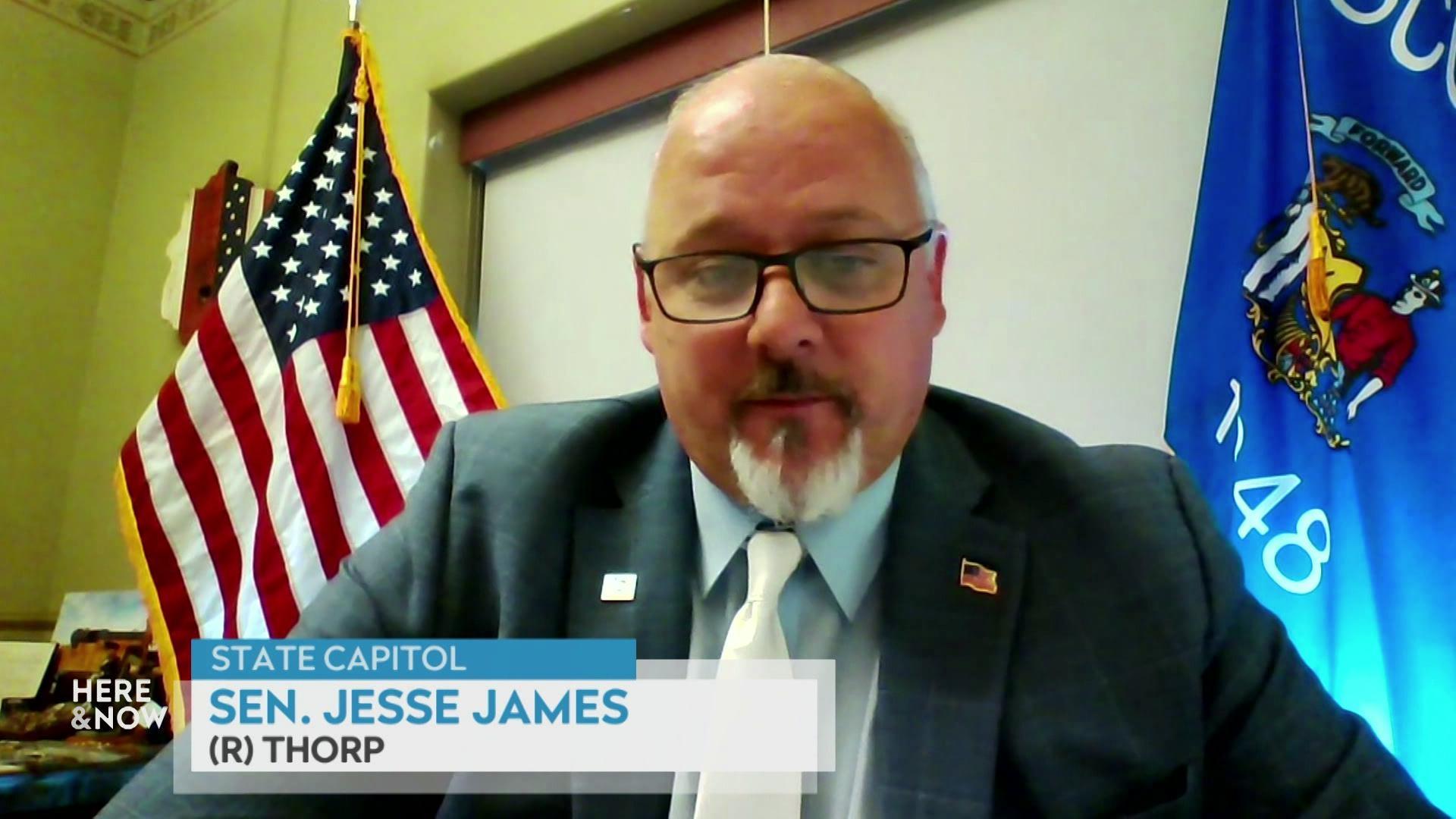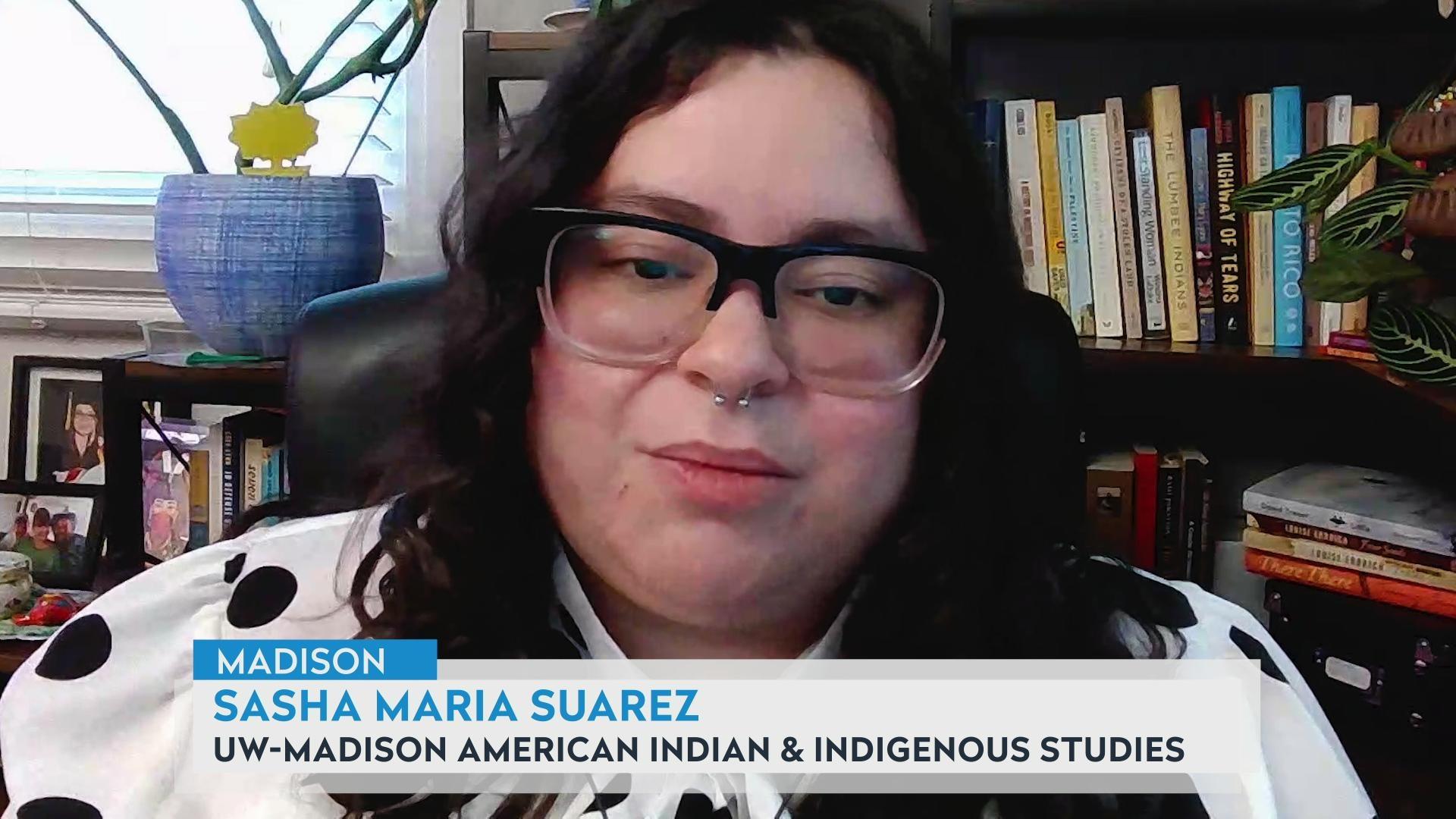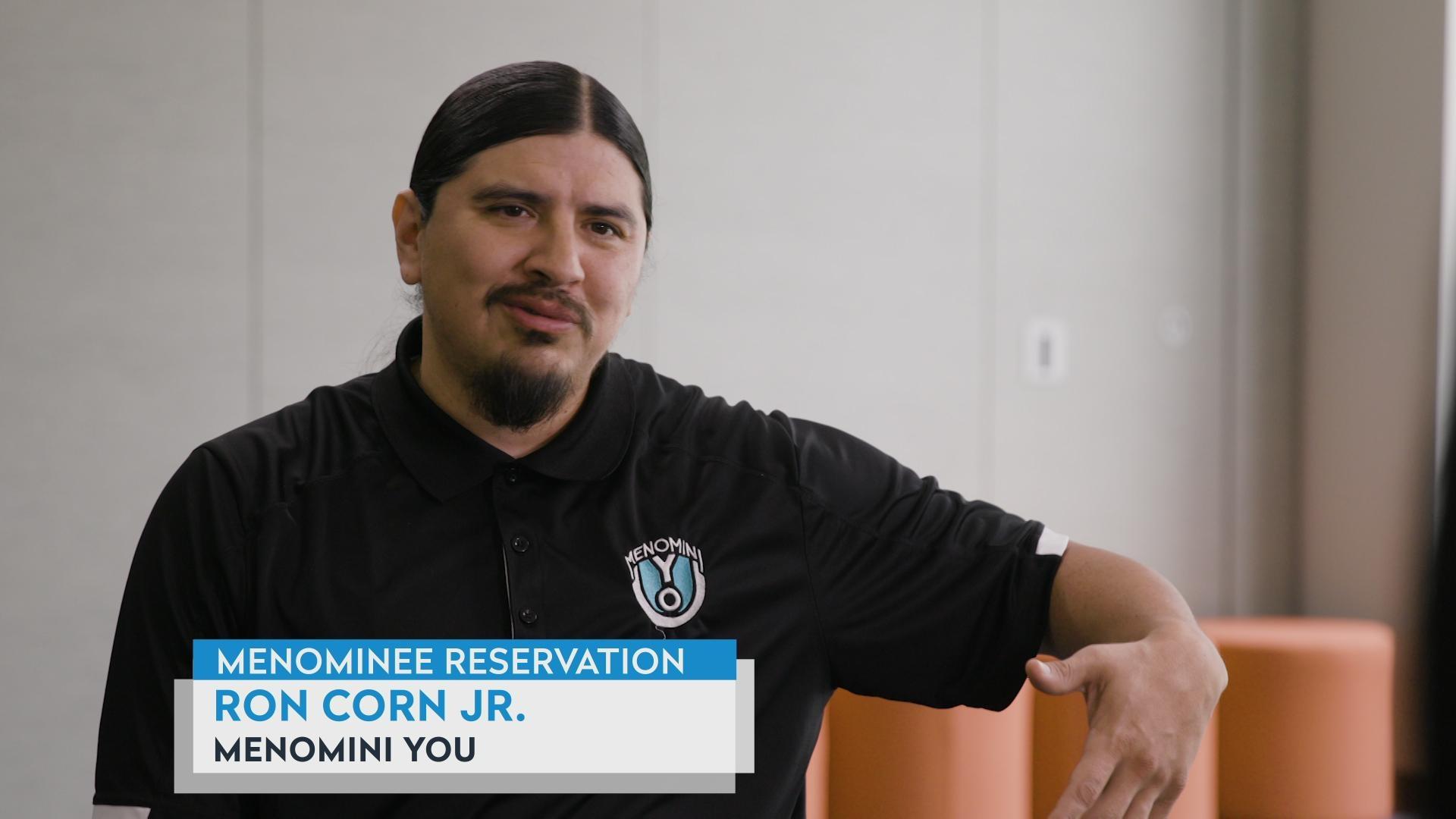What's being done to help mental health among school kids?
Peer support, school staff and psychology researchers are trying to keep up with the growing rate of mental health issues among K-12 students in Wisconsin while lawmakers debate boosts to funding.
By Steven Potter | Here & Now
December 7, 2023
Warning: This story reports on issues of mental health and suicide.
Despite having a handful of counselors, a school psychologist and a social worker on staff, Brookfield East High School principal Andy Farley said they still have trouble meeting the mental health needs of their 1,400 students.
“I think every school principal would love to have more mental health professionals,” he said. “It’s never going to be enough.”
Farley knows firsthand how devastating student mental health problems can become: A few years back, a number of students at Brookfield East died from suicide.
“Incredibly difficult – incredibly difficult at our school level, incredibly difficult at our community level,” he said. “We all knew we had to do something.”
They created a local chapter of the national, student-led mental health support network called Hope Squad.
On a weekly basis, the school’s 60 student members discuss new strategies to help their classmates stay mentally healthy – from the importance of getting enough sleep and social-emotional learning techniques to recognizing suicide warning signs.
“From a student standpoint, we are like the eyes and the ears of the school,” explained Hope Squad member and Brookfield East sophomore Ledra Ashenbrenner. “We bridge the gap between students and counselors and teachers, because research has shown students are more likely to go to their peers if they’re having an issue that they need help with.”
UW-Madison school psychology professor Katie Eklund studies the significant need for more mental health professionals in schools.
“Twenty percent of kids have some type of behavioral or social emotional concern,” she said. “But we know that out of that group, only 20% of those kids actually receive that support.”
With her colleagues, Eklund works to find solutions to the increasing rates of young children suffering from anxiety and depression – including those harming themselves or considering suicide.
“Unmet mental health concerns that we see often by the time kids get to high school — we see kids not coming to school, we see lower grades, we see higher incidence in the juvenile justice system and just lower, poor psychosocial outcomes throughout life,” she said.
Eklund noted that children aren’t getting the help they need because of a shortage of mental health professionals such as therapists, counselors and school psychologists.
According to the National Center for Education Statistics: 70% of public schools say more students are seeking mental health services, but 87% of those schools said they can’t provide such services to all of the students in need.
Eklund and her colleagues, however, have a plan – and new resources – to address this shortage with a $10 million grant from the U.S. Department of Education.
“It’s designed to increase the pipeline of school psychologists, school social workers and school counselors who are working in K through 12 schools around the country,” she said.
Eklund emphasized that the need speaks for itself.
“In 2018, we had 60 to 70 unfilled positions across the state of school psychologists,” Eklund continued. “We anticipate that schools, social workers and counselors are experiencing similar shortages, both here in the state and across the country, and that those shortages have only increased over the last five years.”
While everyone from school administrators and teachers to the students themselves agree that more mental health professionals are needed in schools, they would still need to be paid. And that’s where the state Legislature could come in.
State Rep. Robyn Vining, D-Wauwatosa, has introduced a package of bills aimed at increasing funding for K-12 mental health services. She said Wisconsin is well past the time for action.
“We know there’s a mental health care crisis. We know that. And so we cannot look away,” said Vining. “I don’t believe that we can move forward right now without acting on mental health care.”
One of Vining’s bills would increase state spending on mental health care services in the state’s school system by $100 million dollars per year.
“We’re talking about children who are experiencing anxiety, depression, suicidality,” she explained. “We’re trying to get professionals to be available to work with them — to help them survive this very difficult stage of life.”
 Passport
Passport











Follow Us